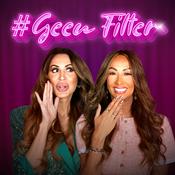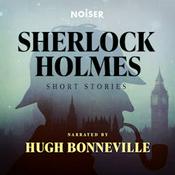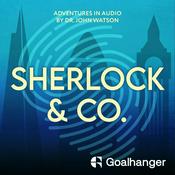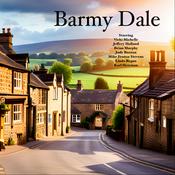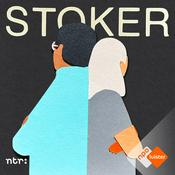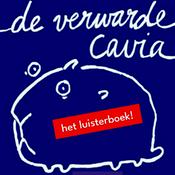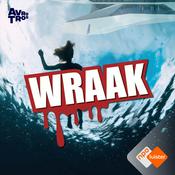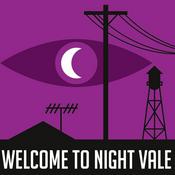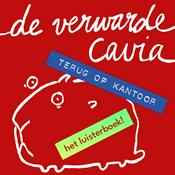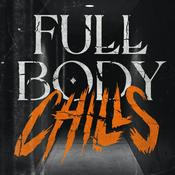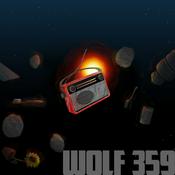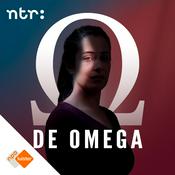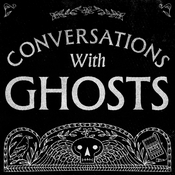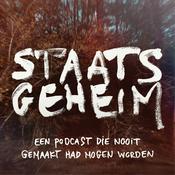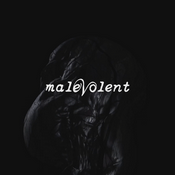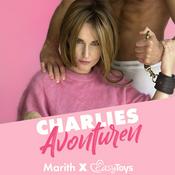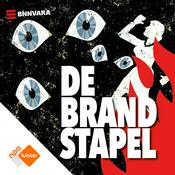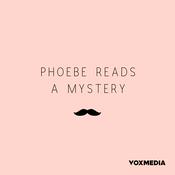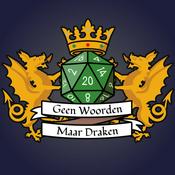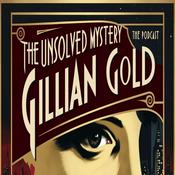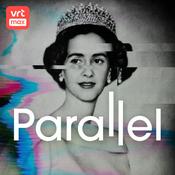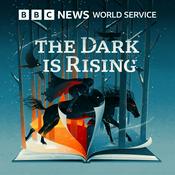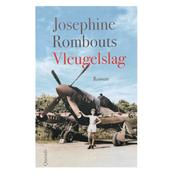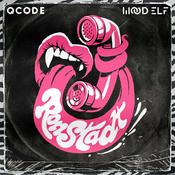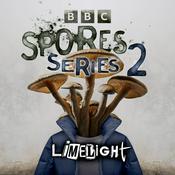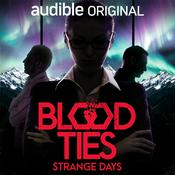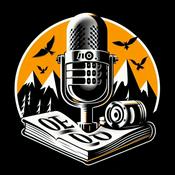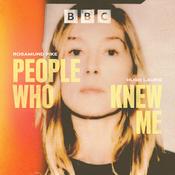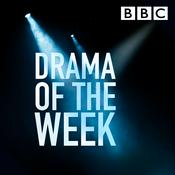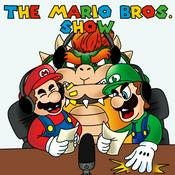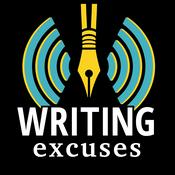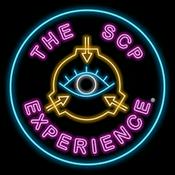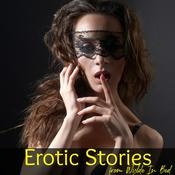100 afleveringen
#98. Discoverability as a Writer and How to Push Through Self-Doubt (Plus Stories Galore!)
17-1-2026 | 54 Min.Your weekend is not weird enough without Brainstoryum! Join award-winning fantasy and dreampunk author, Anna Tizard, in a funny and dark Alice in Wonderland-style journey into creative writing. Brainstorming and writing short stories has never been so rich in discovery and surprises, using the surrealist word game of Exquisite Corpse. Listeners’ words are drawn from the legendary Socks of Destiny and mixed into writing prompts which lead to the most unexpected story ideas—and a fascinating exploration of creative writing craft. Listeners are also warmly invited to share their own microfiction and poetry based on the previous show’s prompts. Subscribe for free to Anna Tizard’s private email list and receive an e-book to begin your journey into The Book of Exquisite Corpse (includes exclusive material not published anywhere else). Go to www.annatizard.com. Link to the BFS Social Justice event: https://britishfantasysociety.org/product/playback-the-creative-fix-social-justice-through-writing/The list of categories for the second round of brainstorms in this show are: 1) A book or magazine 2) A job or role, taken on reluctantly, 3) A pub or café, 4) A portal or means of travel, 5) A piece of treasure or magical, sought-after object, 6) A monster or creature, 7) An invention and 8) A weapon.#97. Maintaining Positivity Around Your Goals and Celebrating Your Writing Achievements - Launch into 2026!
03-1-2026 | 43 Min.Your weekend is not weird enough without Brainstoryum! Join award-winning fantasy and dreampunk author, Anna Tizard, in a funny and dark Alice in Wonderland-style journey into creative writing. Brainstorming and writing short stories has never been so rich in discovery and surprises, using the surrealist word game of Exquisite Corpse. Listeners’ words are drawn from the legendary Socks of Destiny and mixed into writing prompts which lead to the most unexpected story ideas—and a fascinating exploration of creative writing craft. Listeners are also warmly invited to share their own microfiction and poetry based on the previous show’s prompts. Subscribe for free to Anna Tizard’s private email list and receive an e-book to begin your journey into The Book of Exquisite Corpse (includes exclusive material not published anywhere else). Go to www.annatizard.com.#96. Christmas Special! Playing the Word Game of Exquisite Corpse in Person, and a Snowy Fairytale
20-12-2025 | 54 Min.Your weekend is not weird enough without Brainstoryum! Join award-winning fantasy and dreampunk author, Anna Tizard, in a funny and dark Alice in Wonderland-style journey into creative writing. Brainstorming and writing short stories has never been so rich in discovery and surprises, using the surrealist word game of Exquisite Corpse. Listeners’ words are drawn from the legendary Socks of Destiny and mixed into writing prompts which lead to the most unexpected story ideas—and a fascinating exploration of creative writingcraft. Listeners share their own flash fiction and poetry based on the previous show’s prompts; then another 3 laugh-out-loud rounds of Exquisite Corpse lead to a snow-dustedfairytale. Subscribe for free to Anna Tizard’s private email list and receive an e-book to begin your journey into The Book of Exquisite Corpse (includes exclusive material not publishedanywhere else). Go to www.annatizard.com.- Extra material: Read Anna Tizard’s interview on goal-setting in the December issue of Indie Writer’s Voice magazine at https://www.philparker-fantasywriter.com/creativecommune
Your weekend is not weird enough without Brainstoryum! Join award-winning fantasy and dreampunk author, Anna Tizard, in a funny and dark Alice in Wonderland-style journey into creative writing. Brainstorming and writing short stories has never been so rich in discovery and surprises, using the surrealist word game of Exquisite Corpse to generate prompts and stretch your imagination. Listeners’ words are drawn from the legendary Socks of Destiny and mixed into writing prompts which lead to the most unexpected story ideas—and a fascinating exploration of creative writing craft. Listeners are also warmly invited to share their own microfiction and poetry based on the previous show’s prompts. Today’s show showcases the latest of these, followed by another three laugh-out-loud rounds of Exquisite Corpse, which this time lead to a peculiar story of secretive creatures. Subscribe for free to Anna Tizard’s private email list and receive an e-book to begin your journey into The Book of Exquisite Corpse (includes exclusive materialnot published anywhere else). Go to www.annatizard.com. - Your weekend is not weird enough without Brainstoryum! Join award-winning fantasy and dreampunk author, Anna Tizard, in a funny and dark Alice in Wonderland-style journey into creative writing. Brainstorming and writing short stories has never been so rich in discovery and surprises, using the surrealist word game of Exquisite Corpse to generate prompts and stretch your imagination. Listeners’ words are drawn from the legendary Socks of Destiny and mixed into writing prompts which lead to the most unexpected story ideas—and a fascinating exploration of creative writing craft. Listeners are also warmly invited to share their own microfiction and poetry based on the previous show’s prompts. Today’s show showcases the latest of these, followed by another three laugh-out-loud rounds of Exquisite Corpse, which this time lead to a strange tale of a disgruntled immortal.
Subscribe for free to Anna Tizard’s private email list and receive an e-book to begin your journey into The Book of Exquisite Corpse (includes exclusive material not published anywhere else). Go to annatizard.com.
Meer Fictie podcasts
Trending Fictie -podcasts
Over Brainstoryum: Short Stories and Writing Prompts
Brainstorm stories using the surrealist word game of Exquisite Corpse - a creative writing challenge you'll never forget! Hosted by award-winning dreampunk & fantasy author Anna Tizard.
The game produces strange, often hilarious sentences, but after a bit of head-scratching (and tea drinking!), they inspire weird & unexpected stories.
This show has evolved:
Shows 37 & later focus more on storytelling, and the story brainstorms are deeper & richer.
Shows 28-33 are Alice in Wonderland specials.
Earlier shows include profound discussions on writing before game play.
Dive in and don't look back!
Podcast websiteLuister naar Brainstoryum: Short Stories and Writing Prompts, #GeenFilter en vele andere podcasts van over de hele wereld met de radio.net-app
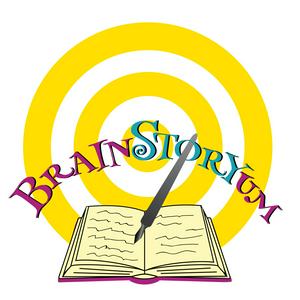
Ontvang de gratis radio.net app
- Zenders en podcasts om te bookmarken
- Streamen via Wi-Fi of Bluetooth
- Ondersteunt Carplay & Android Auto
- Veel andere app-functies
Ontvang de gratis radio.net app
- Zenders en podcasts om te bookmarken
- Streamen via Wi-Fi of Bluetooth
- Ondersteunt Carplay & Android Auto
- Veel andere app-functies


Brainstoryum: Short Stories and Writing Prompts
Scan de code,
download de app,
luisteren.
download de app,
luisteren.

